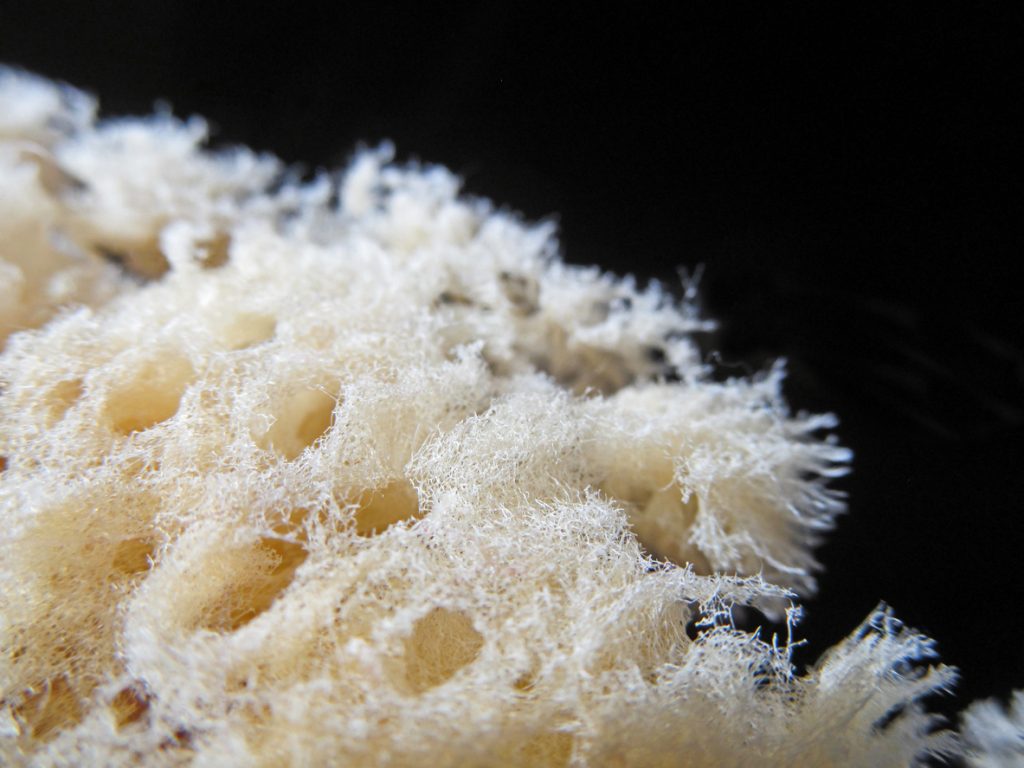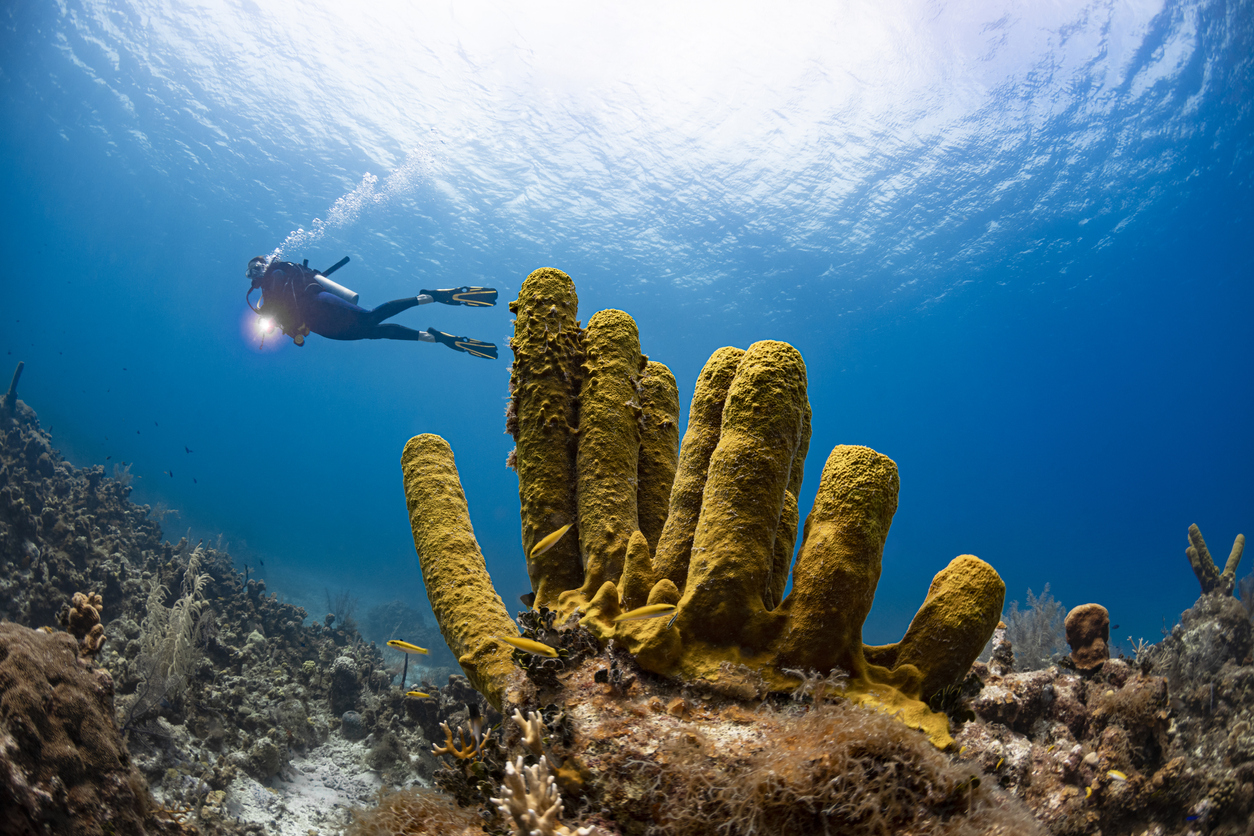CHEMICALS found naturally in a sponge that lives deep in the ocean could lead to the development of powerful new drugs for prostate cancer.
The chemicals, called diterpenes, were found to attack and destroy prostate cancer cells during laboratory tests.
But they also seemed to stop tumour cells from becoming resistant to drugs by interfering with the mechanism by which they learn to dodge their effects.
Marine sponges have been used in medicine in one form or another for centuries, thanks to their huge chemical diversity.
In ancient Alexandria, the Egyptian city that was once the cultural centre of the
Mediterranean, physicians used sea sponges to try and stem blood flow from injuries, or soaked them in wine and put them on the left side of the chest to ease chest pain.
Meanwhile, substances derived from marine sponges have been used in the development of a wide range of modern medicines – from antibiotics to muscle relaxants.
In the latest breakthrough, a team of scientists from University Hospital Hamburg-Eppendorf, in Hamburg, Germany, and the Russian Academy of Sciences in Vladivostok, Russia, tested a particular type of marine sponge called Spongionella sp., a yellowish or green-grey sponge which grows on rock in deep waters off the coasts of Scotland, Ireland, Greenland and The Azores.
The team isolated six different diterpenes from the sponge samples – one of which had never been identified before.

When they exposed the chemicals to prostate cancer cells in a dish, they found that two of the diterpenes were not only able to latch on to tumour cells and destroy them but they also blocked the effects of a protein called multidrug-resistance protein 1, thought to be one of the main players in helping prostate cancer cells get round the effects of both hormone therapy and chemotherapy.
This could be crucial as up to 30 per cent of prostate cancer tumours develop some resistance to standard hormone therapy.
The results, published in the journal Scientific Reports in early August, suggest a drug based on the sea sponge chemicals could possibly be the solution.
In a report on their findings the researchers said: ‘The two chemicals were active against prostate cancer cells and able to inhibit one of the main drug-resistance mechanisms. ‘This makes them promising candidates for a combined anticancer therapy.’




